Some of the health benefits of royal jelly include its ability to prevent certain types of cancer, lower blood pressure, relieve sexual infertility, lower cholesterol levels, protects the liver, reduces inflammation, heals digestive disorders, prevents premature aging, help in weight loss efforts, and increase circulation.
While most people know that honey comes from bees, most people don’t know that there is another type of nutritious type of food that comes from the same insect. Royal jelly is actually excreted from the top of a bee’s head and is collected in what’s called a queen cell (a special honeycomb). When bee larvae are first born, they are fed royal jelly directly from the workers in order to get a healthy, nutritious boost so they survive their first few days of life. However, after 3-4 days, larvae no longer consume royal jelly. However, for potential queen bees, royal jelly is far more important. In fact, queen larvae are put into these special queen cells and are surrounded by royal jelly. This is what helps them to develop their “queen morphology”.
There is a single protein, royalactin, that causes the phenotypic change in the queen larvae. It causes them to develop ovaries and grow to a far larger size than normal bees. Furthermore, royal jelly has been known to extend the life span of a queen more than 20 times longer than that of a normal bee.
Also, since bees are such good workers, a single colony can store up to 500 grams of royal jelly over a 5-6 month period. A queen couldn’t possibly consume that much, which is why a market developed for this nutrient supplement. Royal jelly is commonly found in diet or organic food stores. You can often find royal jelly at farmers’ markets as well. In terms of use, royal jelly usually comes in granules or powder form and is commonly added to salads, smoothies, yogurt, or some other cold beverage or dish. It is important never to heat royal jelly, because it will destroy all of the enzymatic properties and some of the proteins that make it so beneficial for human consumption. Although it is not widely known, it is packed with health benefits for those who choose to add it to their diet.
Nutritional Value of Royal Jelly
Royal jelly contains a rich variety of nutrients including minerals like calcium, copper, iron, phosphorous, silicon, sulfur, and potassium, as well as a wealth of B-family vitamins, biotin, inositol, folate, nucleic acids, gamma globulin, and 17 different amino acids, including the 8 essential amino acids that the human body cannot produce, and must therefore get from their diet.
Health Benefits of Royal Jelly
Blood Pressure: Research has revealed that some of the proteins found in royal jelly have a direct effect on blood pressure levels in humans. This protein hydrolysate can have a long-lasting impact on blood pressure. When this is combined with the potassium found in royal jelly, which also acts as a vasodilator to reduce stress on blood vessels and the heart, royal jelly begins to look like a great way to prevent a variety of heart conditions.
Cholesterol Levels: Although most people associate sweet, delicious foods with unhealthy cholesterol, that isn’t the case with royal jelly. In fact, research has shown that consistently adding royal jelly to your diet can cause a notable drop in your “bad” cholesterol levels, thereby helping you prevent atherosclerosis and subsequent cardiovascular issues like heart attacks and strokes.
Infertility Issues: Although the exact function of royal jelly in the fertility process is unclear, some suspect that its impact on human fertility is connected to royalactin, which is the protein that affects the queen’s morphology and helps her become sexually viable. Whatever the reason happens to be, royal jelly has been shown to increase the fertility of men and increase sperm motility, thereby increasing their partner’s chances of becoming pregnant.
Cancer Prevention: There are a number of antioxidant agents found in royal jelly, but specifically, royal jelly shows an ability to inhibit bis-phenol A, also known as BPA. This is an environmental estrogen, and it has been linked to increased levels of breast cancer. Therefore, by keeping enough royal jelly in your diet, you can help prevent this terrible, and yet tragically common, type of cancer.
Inflammation: The impressive range of vitamins and active enzymes in royal jelly make it a potential anti-inflammatory agent. However, as excessive heat will undo the enzymatic properties, so royal jelly cannot be ingested for those benefits. Therefore, you can topically apply royal jelly in a paste to certain affected areas of the body to relieve the pain of inflammation.
Premature Aging: Just as royal jelly helps to extend the queen’s life span significantly, the antioxidant compounds found in royal jelly can also work to eliminate the free radicals that normally cause premature aging of our cells.Antioxidants can eliminate wrinkles, maintain a healthy shine to your skin, prevent hair loss, and avoid macular degeneration, while also extending your life by preventing certain chronic disease.
Weight Loss Effects: Lecithin is one of the components in royal jelly, which can effectively lower cholesterol, improve liver function, and promote healthy digestion. All of these things can help with weight loss efforts. When combined with the improved metabolism that is caused by royal jelly and the protein content of this nutrient supplement, it can work as a definite weight loss booster!
Metabolic Activity: The fact that royal jelly contains all 8 of the necessary amino acids that humans cannot produce themselves makes royal jelly a very important food source. Those 8 amino acids can be difficult to acquire, but are necessary for forging new proteins in the body and keeping our metabolism running properly. Royal jelly can therefore increase cellular regeneration, boost muscle development and growth, increase bone strength, and optimize the hormonal/enzymatic processes in our body, resulting in dozens of other healthy boosts to our lifestyle!
A Final Word of Caution: A number of people are allergic to honey, bee pollen, and royal jelly. The allergic reaction can also be quite severe, even causing rapid anaphylaxis. Before adding royal jelly to your diet, it is a good idea to speak with your doctor or allergist.
''An apple a day keeps the doctor away''
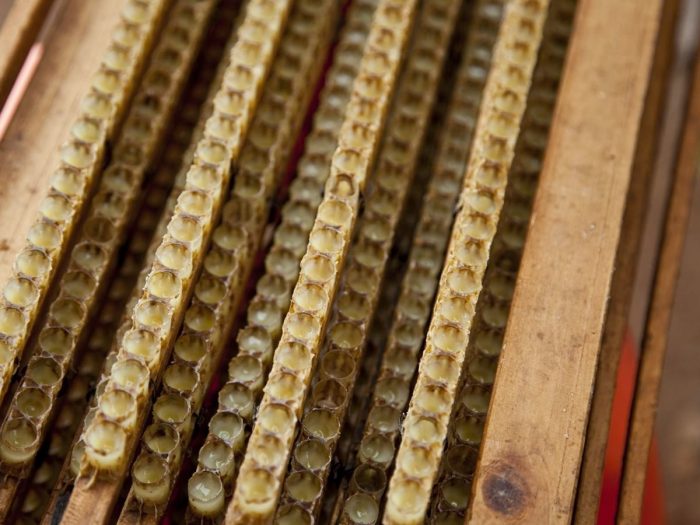


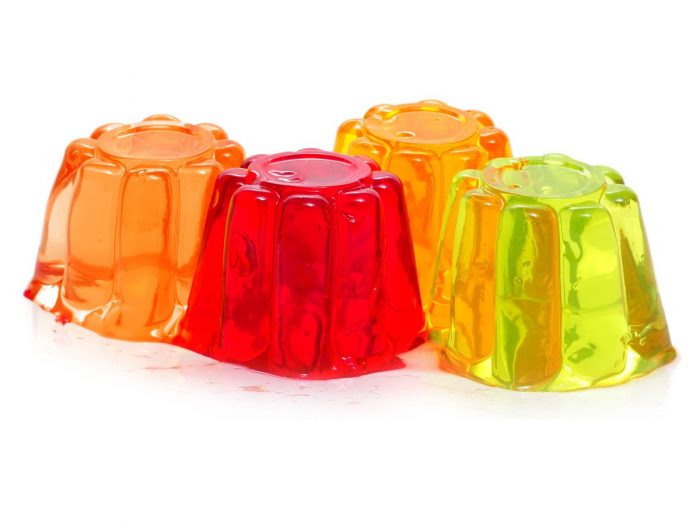
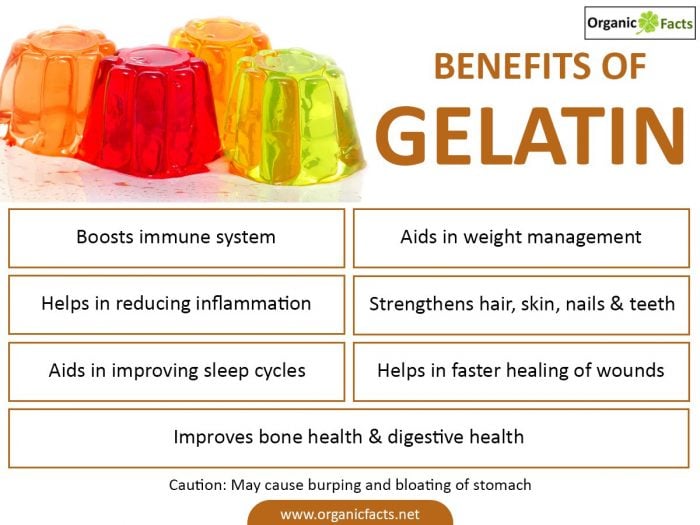
 Bone Health: Calcium is essential for maintaining the good condition of our bones. We all know that milk is a great source of calcium, but digesting milk is difficult for many people. Yogurt contains all the essential minerals, including calcium, that are present in milk, but is also much easier to digest (not just that it also aids in digestion). Therefore, consuming yogurt helps in maintaining the strength of the bones. It is also good for patients suffering from osteoporosis and rheumatism. Yogurt is a boon for many people who suffer with being lactose intolerant.
Bone Health: Calcium is essential for maintaining the good condition of our bones. We all know that milk is a great source of calcium, but digesting milk is difficult for many people. Yogurt contains all the essential minerals, including calcium, that are present in milk, but is also much easier to digest (not just that it also aids in digestion). Therefore, consuming yogurt helps in maintaining the strength of the bones. It is also good for patients suffering from osteoporosis and rheumatism. Yogurt is a boon for many people who suffer with being lactose intolerant.
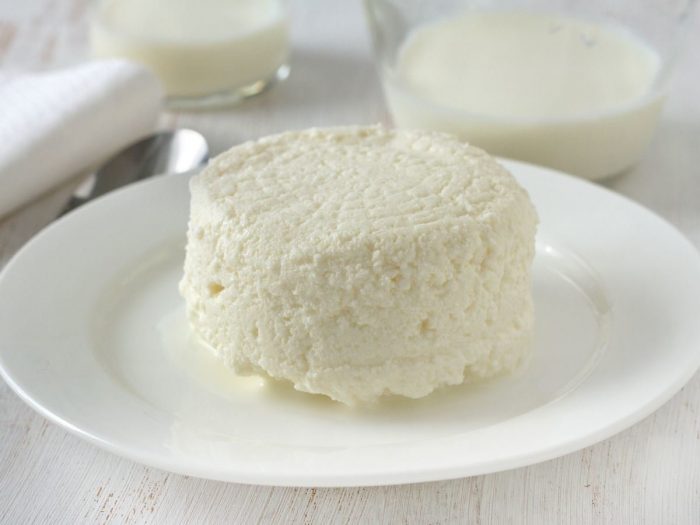 Nutritional Value of Cottage Cheese
Nutritional Value of Cottage Cheese
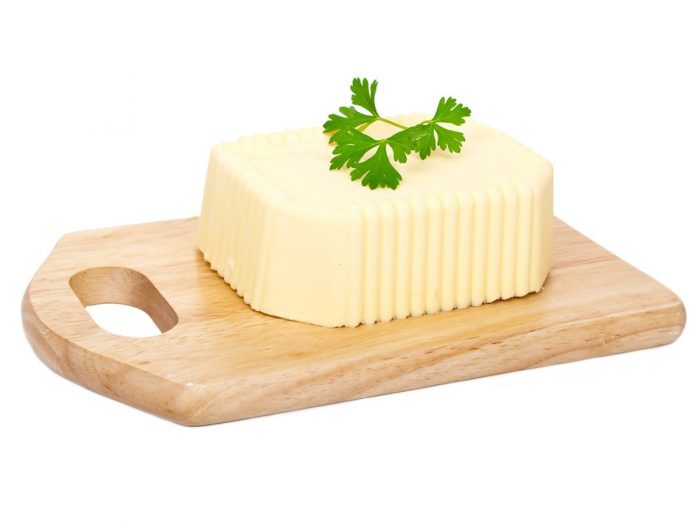
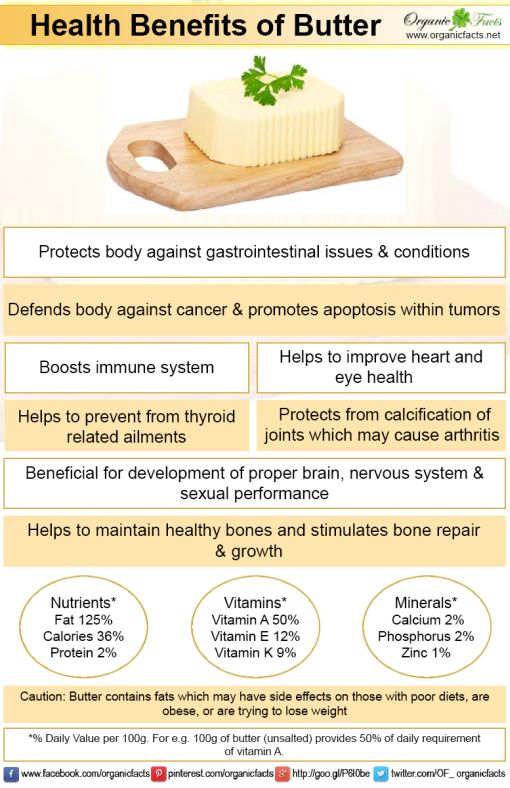
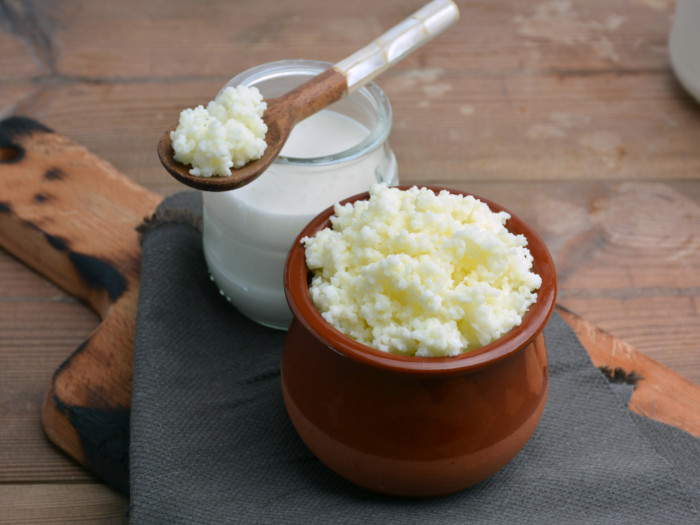
 dietary fiber, protein, lactic acid bacteria, polysaccharides, nicotinic acid, vitamin C, folate, vitamin B6, manganese, sodium, potassium, and magnesium.
dietary fiber, protein, lactic acid bacteria, polysaccharides, nicotinic acid, vitamin C, folate, vitamin B6, manganese, sodium, potassium, and magnesium.















